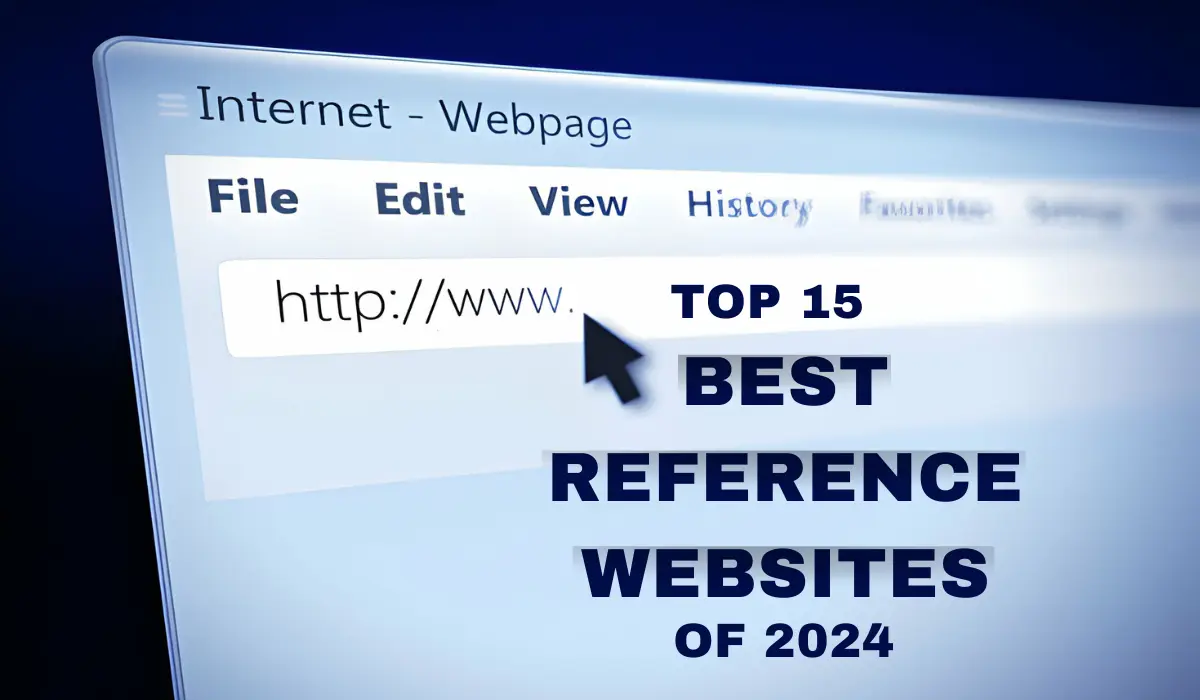In this digital age where access to information is easier than ever, most of us turn to online sources that work at our convenience, rather than to a physical library.
Search functions with which we can access the exact piece of information, the ease of locating pages in a digital book, and such add to the convenience of use, inviting more and more users to such platforms.
Here is a list of the 15 best reference websites that provide information on a wide range of topics, and are taken advantage of by researchers, scholars, and students all alike.
1. Wikipedia
Owned by the Wikimedia Foundation, Wikipedia is used as a source of information by millions worldwide. The website is free, and open, and thus can be edited by anyone.
The content displayed on the website is generated by its users, who go by the name Wikipedians. In order to publish an article, the user needs to register with the site, while it doesn’t require any registration to edit the content.
The major issue with the website stems from the same, affecting the credibility and reliability of the information.
Since the information comes from different users, it also affects the quality of the information displayed, mostly depending on the topic.
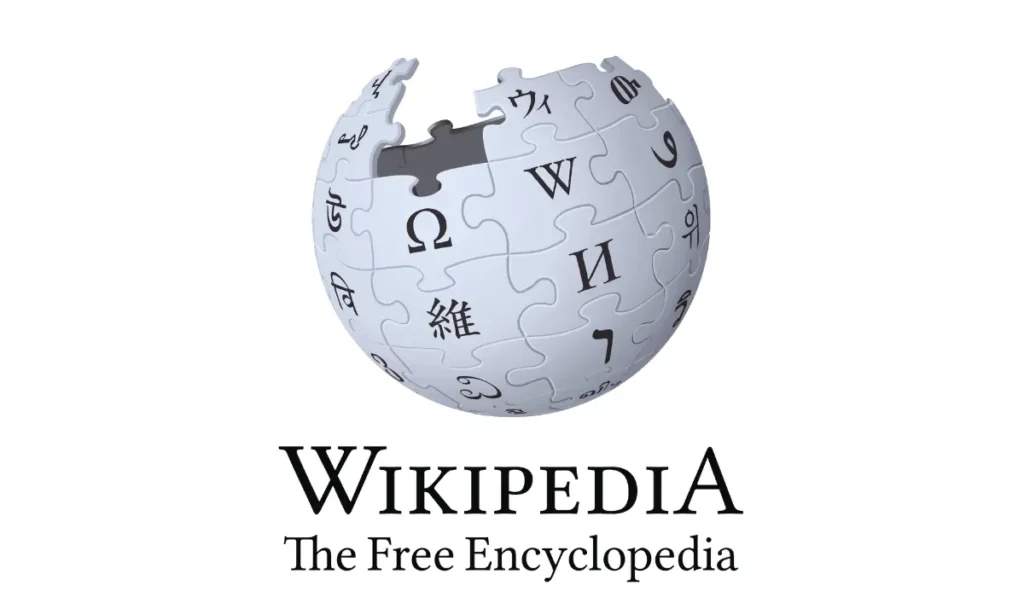
2. ReferenceDesk.org
Self-described as ‘the internet’s best reference source’, ReferenceDesk.org is a free online reference source that includes everything from dictionaries to facts of the day.
The website covers topics including almanacs, scholarship details, college listings, magazines, newspapers, state government resources, and even the most memorable deaths of a year!
Although not as popular as Wikipedia, ReferenceDesk.org is a comparatively reliable source of information and is widely used for all kinds of research.
The website is specifically useful for students, both university and school, with its academic-rich content.
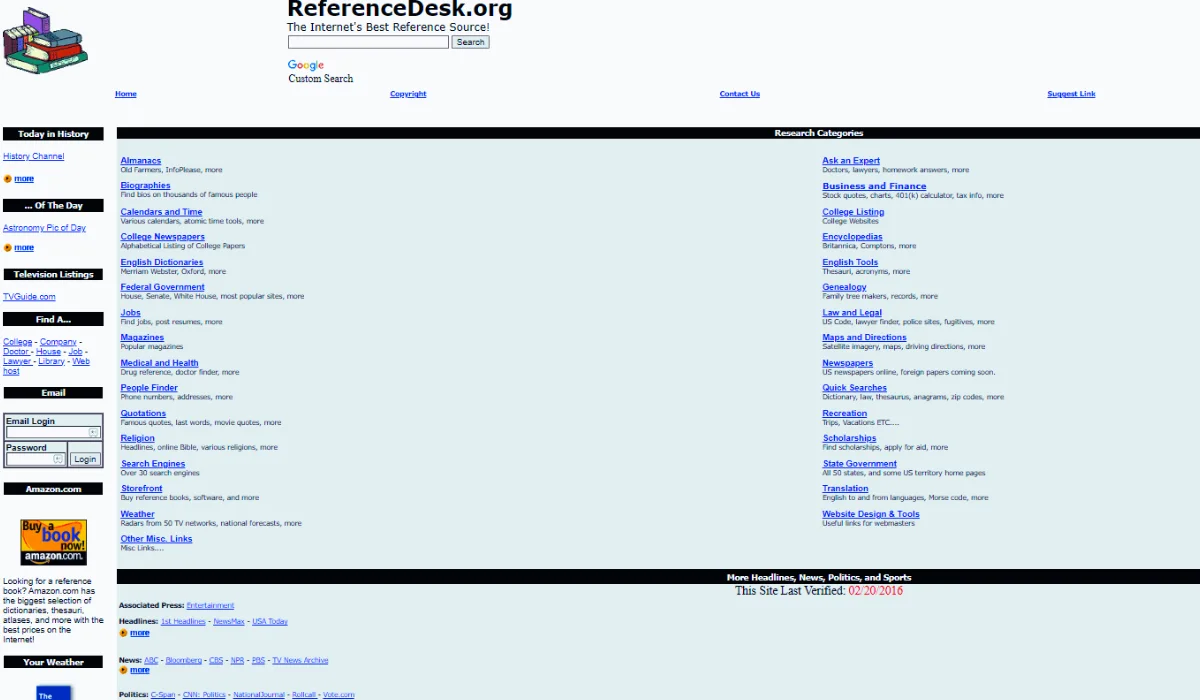
3. Quora
Quora mostly publishes anecdotal content, where the users share their personal experiences associated with a topic, often in the form of answers to a question.
However, considering Quora as a reference site, there is always the question of reliability. White citing Quora, you cannot cite the information as factual, unless your research topic permits personal experiences to be included.
Quora does not provide credible information about an author, nor does it fact-check their content, which makes it a less trustworthy source of information.
Such issues aside, Quora is quite a popular website where people search for answers to questions that can’t be found anywhere else.
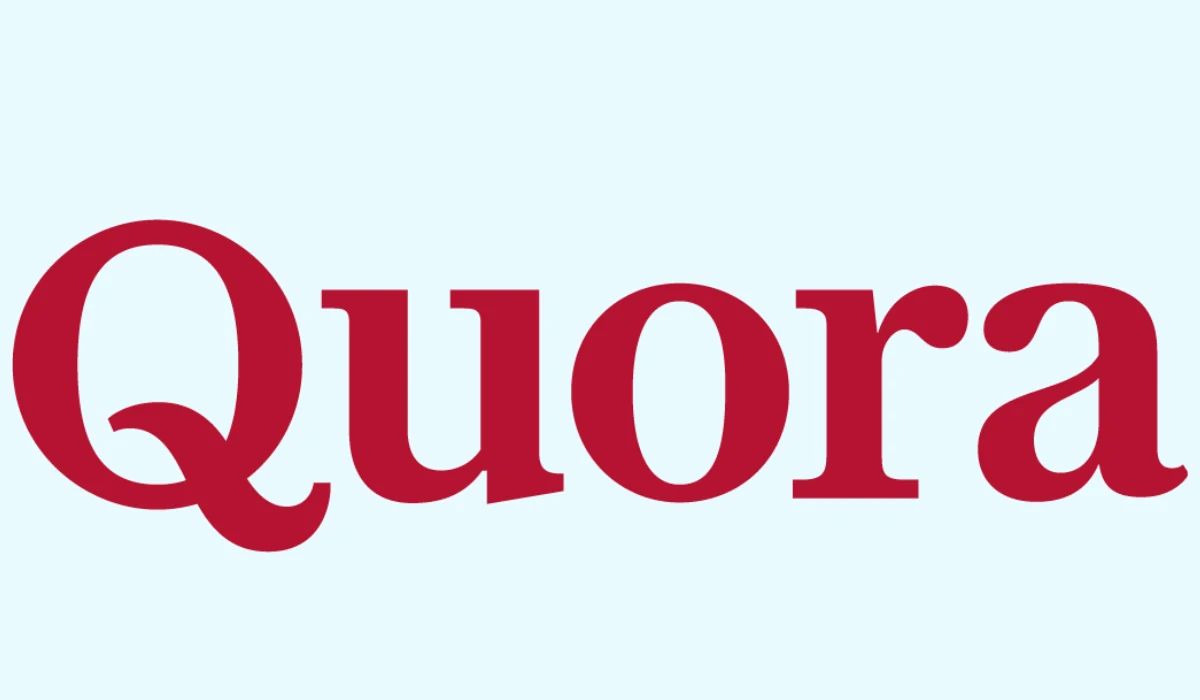
4. Encyclopedia.com
Everyone is familiar with encyclopedias and the Encyclopedia Britannica books in the real world are as popular as Wikipedia in the digital world.
Encyclopedia.com is the online version of this set of books that contains comprehensive information on all branches of knowledge.
The website covers every subject there is and different aspects of the same. All this information is arranged in alphabetical order as in a dictionary but with more detailed descriptions.
Unlike Wikipedia, information published on the site is written by scholars or experts in the subject, making them scholarly. For this reason, you can refer to encyclopedia.com for research purposes and cite it as a credible source of information.

5. Google Books
Although not an entirely free source of information, Google Books does have more than 10 million books for free that a reader can refer to.
The site not only gives you access to books available within the site but also provides links to those that are not included in their archive, showing the user where they can buy or borrow them.
If the book that you search on the website is still under copyright, you will not be able to see the whole book but a few pages or a snippet view of it, along with links for purchase from other websites.
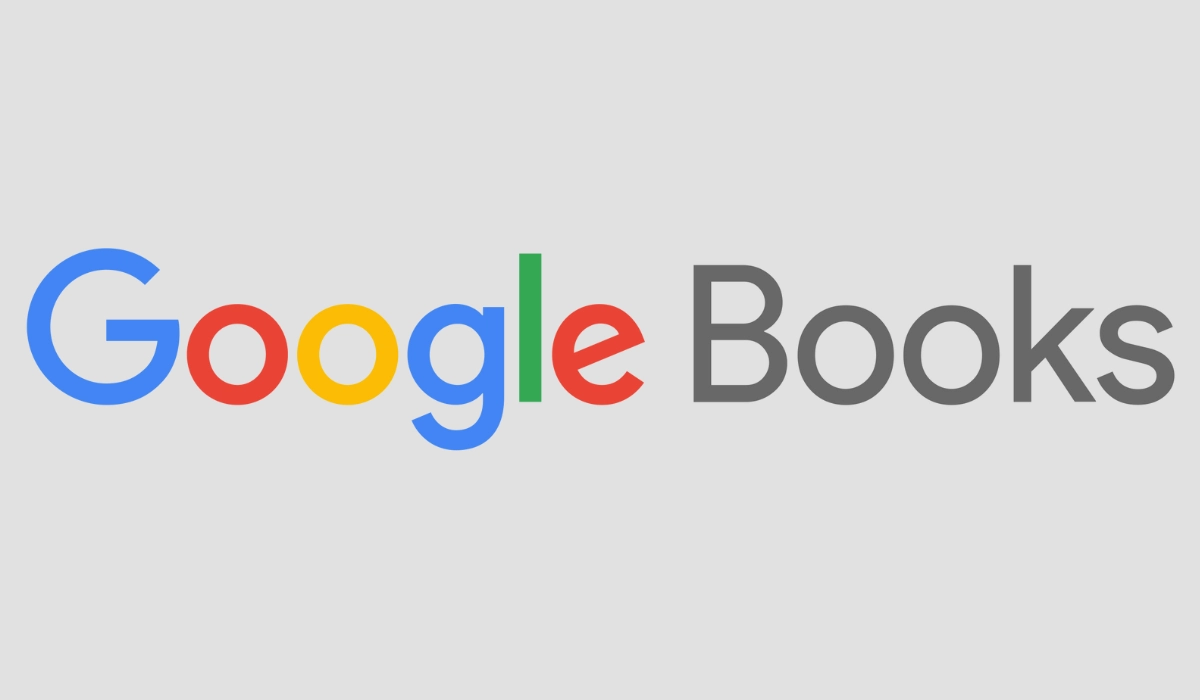
6. Science Direct
Science Direct was launched in 1997 as a database for scientific, medical, and technical research, by the Dutch publishing company Elsevier.
The website publishes articles, journals, magazines, and books on topics belonging to the mentioned niches, providing valuable and up-to-date information to the readers.
The journals on the website are peer-reviewed and are over 2500 in number. It provides the readers with the author’s information, making the information provided more reliable.
The number of books on the website is more than 11000 and is still growing on a daily basis. Science Direct is a popular choice of reference when it comes to scientific and technical research, both for researchers and for the enthusiasts.
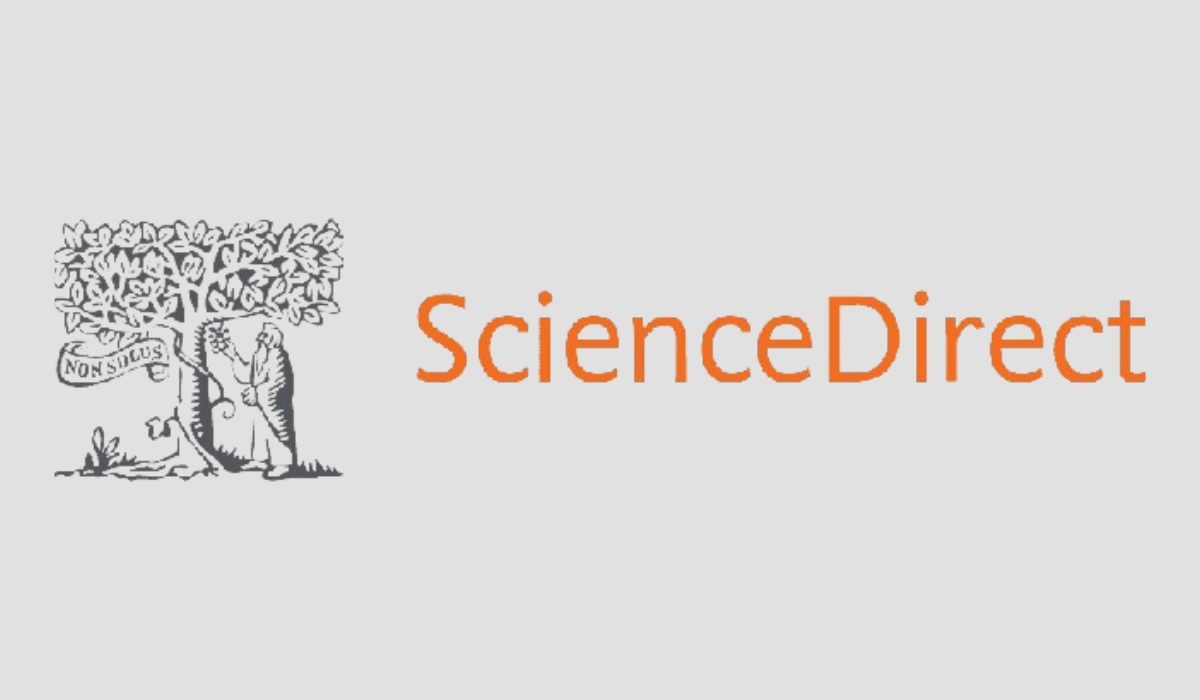
7. Merriam-Webster
Merriam-Webster is one of the most commonly referred dictionaries in the world. It is also the first dictionary publisher in the United States and remains the largest and most reputable even after a period of over one and a half centuries.
But the company not only publishes dictionaries but other reference books belonging to various subjects.
As for the dictionary, the company publishes a word of the year every year starting in 2003. After two decades, the word selected as the word of the year 2023 is ‘authentic, where ‘deepfake’, ‘coronation’, and ‘implode’ were the most searched ones.
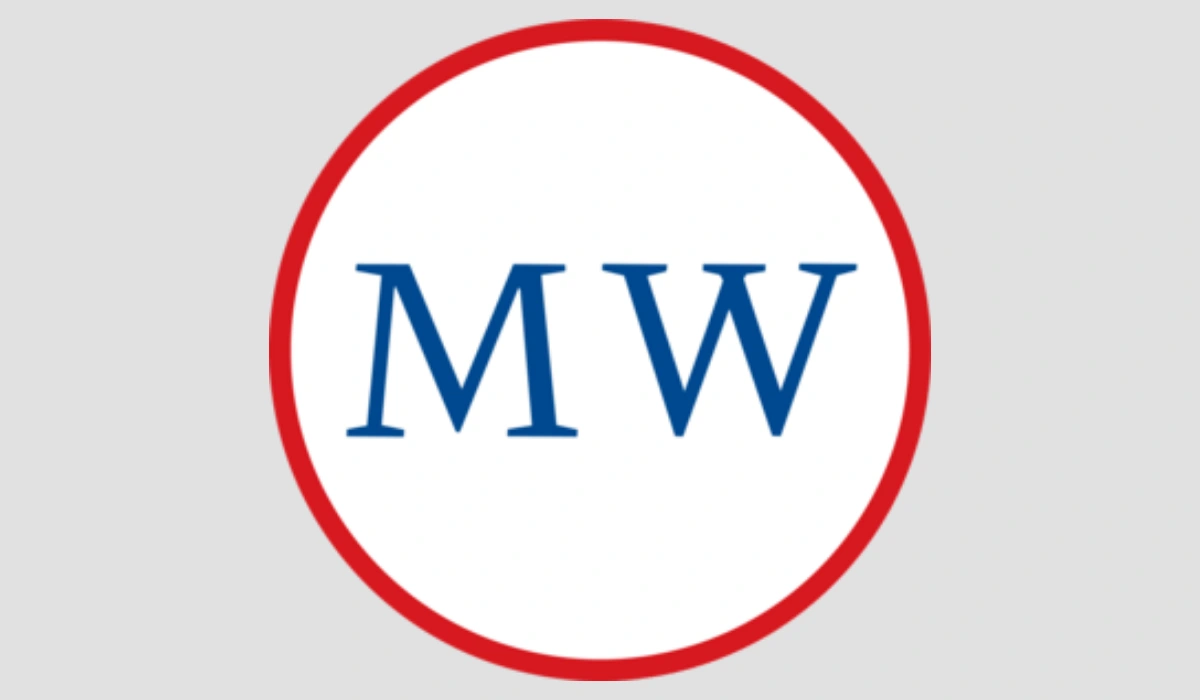
8. Internet Archive
Internet Archive is a digital library that collects publicly available web pages on various subjects. It was launched in 1996 by Brewster Lurton Kahle, who is an entrepreneur and an advocate of free dissemination of knowledge, as a non-profit organization.
The Archive’s content ranges from articles and videos to software applications, accessible to all users free of cost.
All types of content including the movies are either donated by the makers or are part of collections in the public domain. The collections in the archive are reliable and can be cited in your paper with proper details as per the suggestion of your guide.
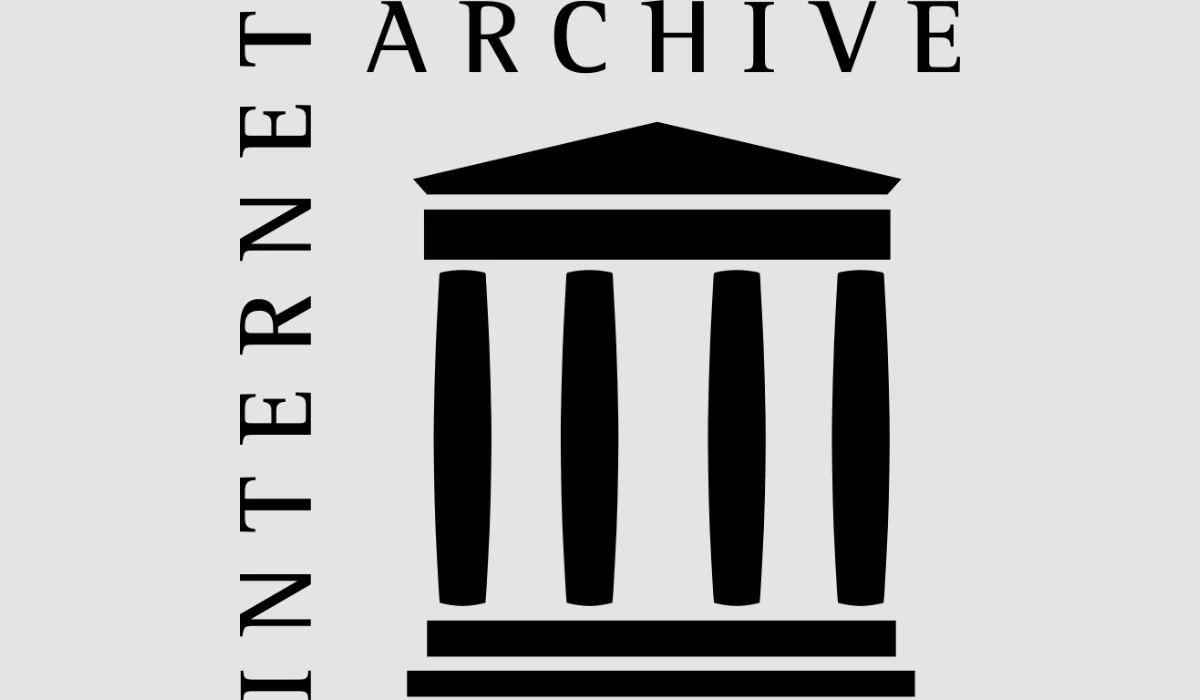
9. ResearchGate
ResearchGate was founded in Berlin, Germany, in 2008. The platform, as a social networking site, makes intellectual discussions among researchers and scientists possible.
They can share knowledge, clear doubts by asking and answering questions, and build a network connecting experts in the field.
The community currently encompasses 25+ million researchers and 160+ million publications. The platform is free to access and doesn’t require the user to be a researcher.
However, if you do register as a researcher, you can publish your papers and articles on the website, which will automatically reach a wider audience.
ResearchGate, being a for-profit company, earns its income through advertisements, sponsorships, and recruitment.

10. Library Of Congress
This is the digital version of the original Library of Congress in Washington D.C.
The Library of Congress is one of the largest libraries in the whole world and its online version has additional resources in video and audio formats apart from the text formats of what is in the physical version.
The Library of Congress website was founded in 1994, almost two centuries after the real thing was built.
It has a great collection of books from the 1800s, and the journals and books before 1980 are available to the public only in digital format.
Apart from books, the library also has photographs, recordings, manuscripts, and maps from different time periods, which makes it a treasure of knowledge.

11. Project Gutenberg
Founded in 1971 by the renowned author Michael S Hart, Project Gutenberg is an archive of digitized literary works.
The foundation requests a small donation, if possible since it doesn’t demand any kind of user fee or registration fee from users.
The books published on the site are not originally digital, but rather transcriptions of old cultural books that could be lost forever without digitization.
As the oldest digital library exists, Project Gutenberg is a reliable source of knowledge that you can cite in your research works.
The first book printed in Project Gutenberg was the Bible as part of a strategy to attract more people to this project and to encourage the creation and issuance of more ebooks.
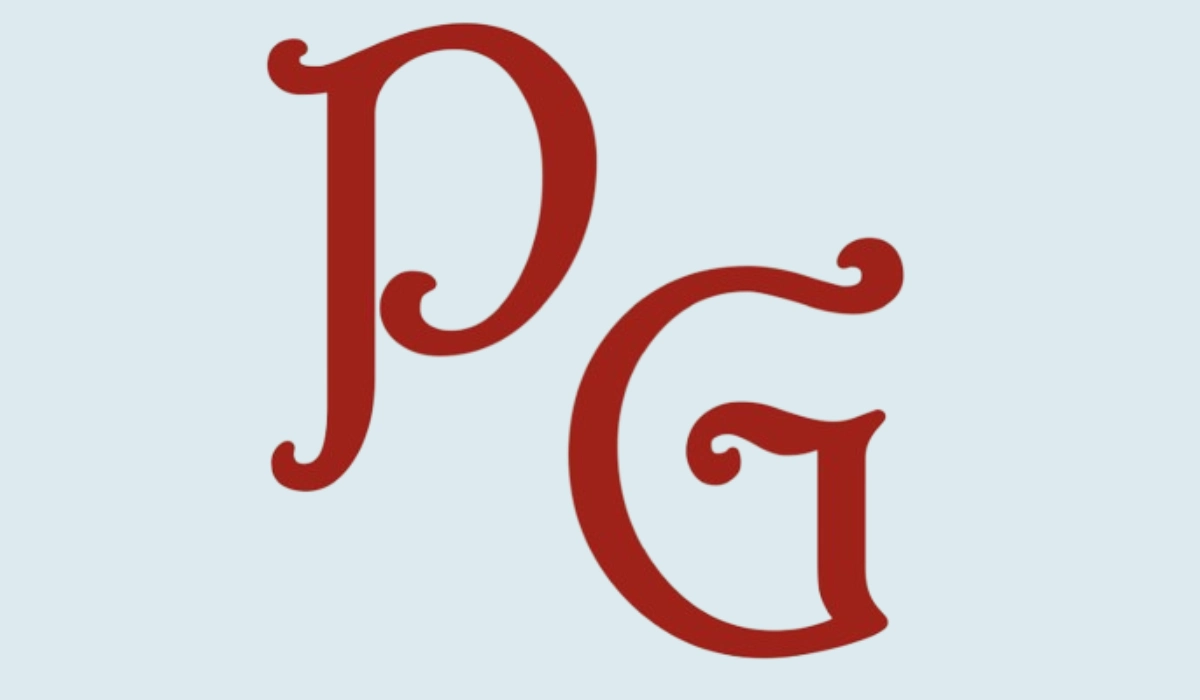
12. Epicurious
Epicurious is a website you can refer to for cooking-related topics. The website was built in 1995 and is headquartered in Manhattan, New York City.
From kitchen tips to full holiday meal recipe lists, Epicurious has come a long way from when it was started.
Epi to Go is a mobile service launched by the website that allows users to download recipes to their devices in PDF form.
The Epicurious mobile app came into existence in 2009, with which the company also entered into the creation of personalized shopping lists for customers and cookbook reviews, and let them check the functionality of the recipe on the site.
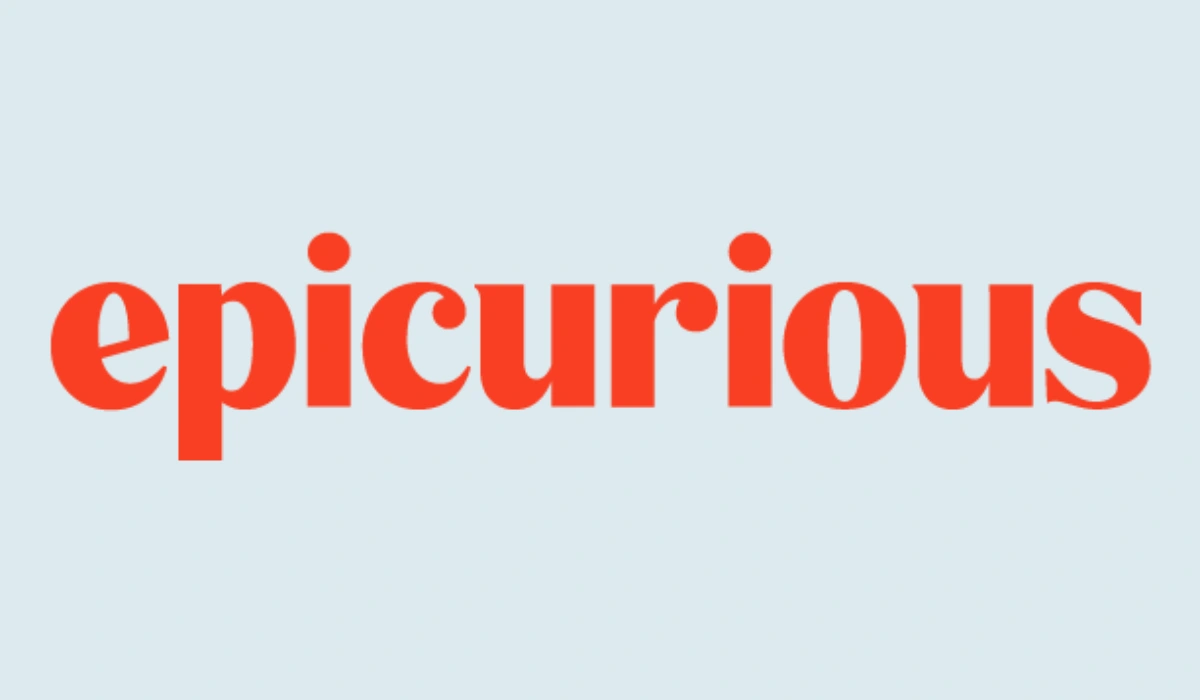
Michel Obama partnered with Epicurious for the Chefs Move to Schools in 2010, as part of promoting healthy eating habits among the students.
13. National Library Of Medicine
The National Library of Medicine is a source of research papers, journals, and articles related to health sciences and biomedical research.
The website which contains more than seven million books and journals promotes healthcare research by recording, preserving, and retrieving information regarding the subject.
The original library was established in 1836 in Maryland, and later in 1967, it was digitized for easy access to the public. NLM is funded and operated by the federal government of the United States.
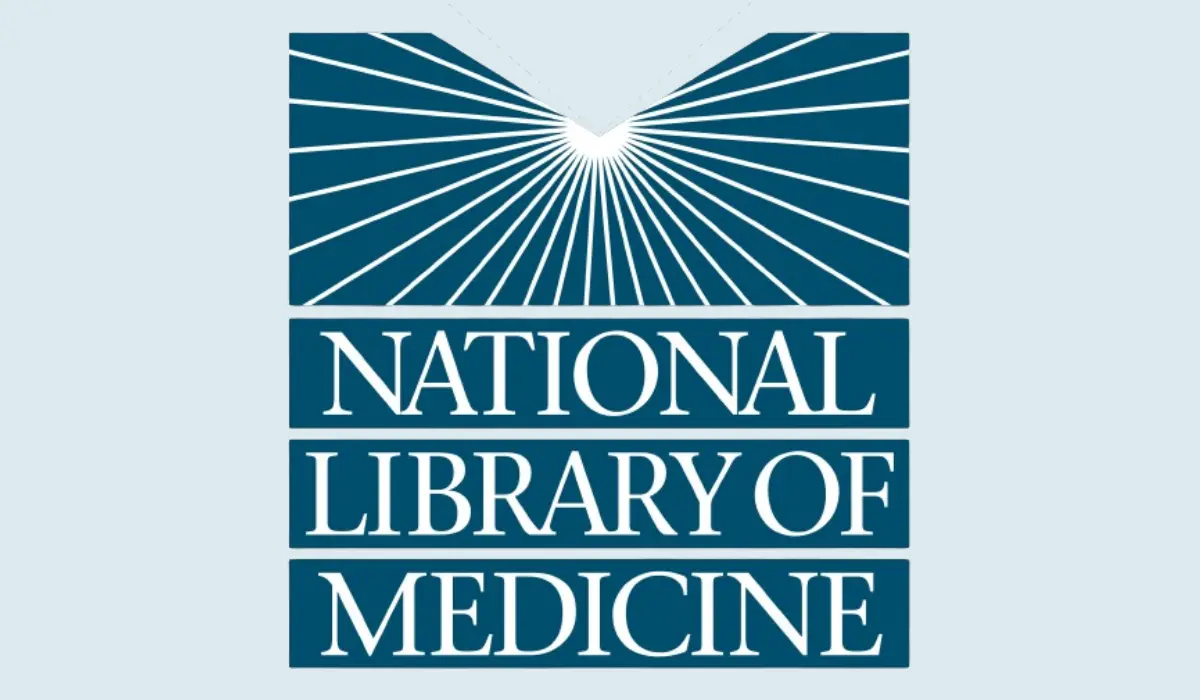
14. JSTOR
JSTOR is a widely referenced site, especially among professionals and individuals who pursue higher education. Being an educational research platform, the website exclusively hosts scholarly content and nothing else.
JSTOR was launched with a mission of digitizing research works and academic content. This feature gives credibility to the platform’s content, aiding the quality and depth of research.
The digital library contains academic books, journals, images, and other primary sources in 75 disciplines. The academic journals constitute a number of over 12 million and the platform even has shared collections.
It costs a fair amount to carry out these primary functions and this is the reason why the platform does not provide free access to anyone.
Usually, universities all over the world and companies interested in research in various disciplines pay for JSTOR so that individuals who study or work there can access the website for scholarly academic purposes.

15. wikiHow
Jack Herrick and Josh Hannah created wikiHow in 2005 which features only ‘how-to’ articles on different topics.
The website provides these articles in 19 different languages and allows users to create and edit content on it.
It is a database of instructional guides that provides expert knowledge in subjects ranging from art and entertainment to technology, automobile, education, finance, business, family, food, and communication.
The websites try to provide original content with the help of professionals in the field, rather than depending on robots or AI to generate information.
The well-researched articles give an insight into how things work whether it is for practical knowledge or to satisfy your curiosity.
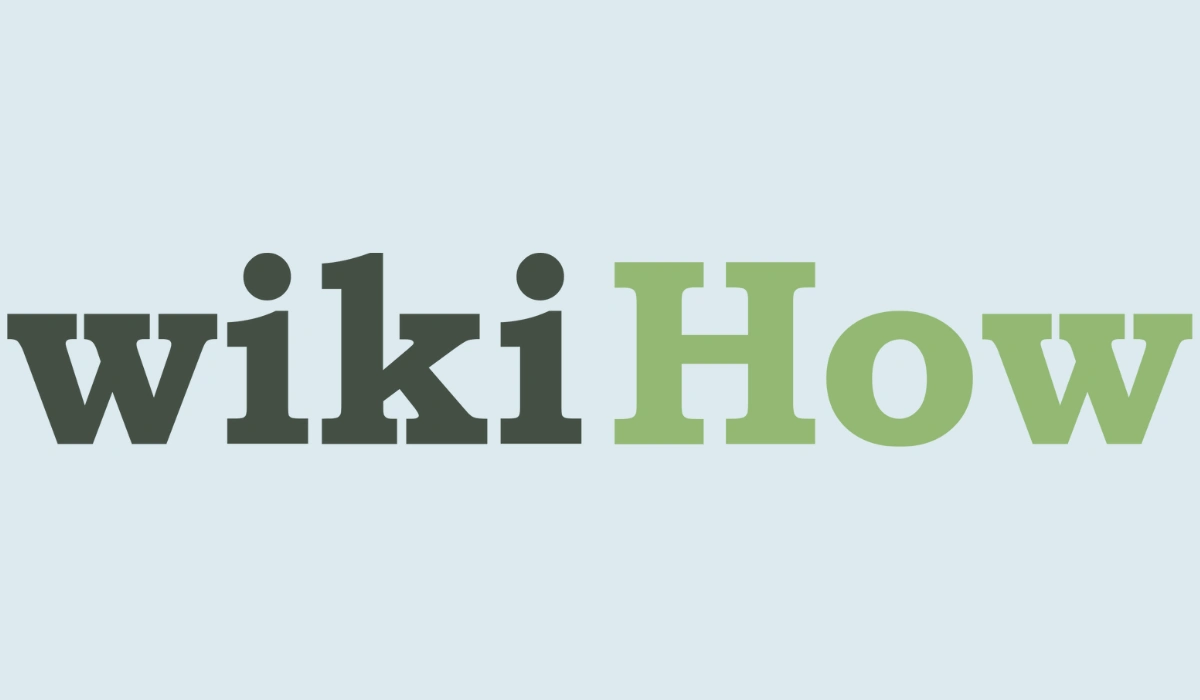
All fifteen websites ranked above are selected based on their popularity among internet users and the number of visitors to these websites.
The list has reference sites belong various niches including science, technology, healthcare, and literature, to food and cooking.
Wikipedia tops the list with the most number of visitors and has been in the same position for a while.
About the rest of them, their positions change depending on various factors including the trending topic at the time, the quality of the information provided, and the emergence of new free, user-friendly reference websites.
Conclusion
The internet has made the free dissemination of information possible like never before. Most of the websites mentioned in the list do not ask for a user free and provide free information to anyone who seeks it.
This inclusivity is what sets it apart from traditional sources of information that were once reserved only for the rich and elites.
With an increasing number of people taking an interest in conducting research, writing papers, and being part of something innovative, all these sources are becoming more relevant day after day.
Although mainly intended for research, these websites give access to everyone who has a thirst for knowledge.
If able to adapt to every new update in information and technology, these websites could become something even greater and be a part of much more research, creating better opportunities for scholars and knowledge enthusiasts.

